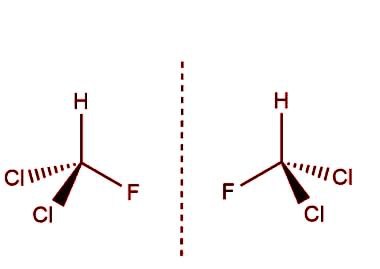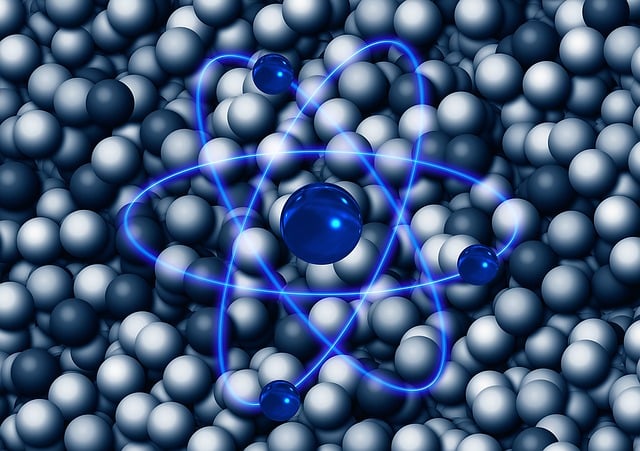Corrosion
Definition of Corrosion:
Corrosion is the gradual decomposition of materials (usually metals) due to chemical and/or electrochemical reactions with their surroundings. It is a natural degenerative phenomenon affecting metals and non-metals by forming a dry, flaky layer on the surface that destroys them. Rusting of iron is the most common example of metal corrosion, where iron objects form a brown flaky material when exposed to moist air.
Types of Corrosion:
There are different types of corrosion, including general corrosion, localized corrosion, and atmospheric corrosion. General corrosion is the most common type, which occurs uniformly over the surface of the material. Localized corrosion is more aggressive than general corrosion and can take many forms, such as pitting, crevice, and galvanic corrosion. Atmospheric corrosion happens when materials are exposed to natural elements such as moisture, gases, and pollutants.
Effects of Corrosion:
Corrosion causes significant damage to metallic constructions, including bridges, sculptures, monuments, metal utensils, and so on. Corrosion leads to a reduction in the thickness of the metal, which can cause a decrease in its strength and load-carrying capacity, leading to structural failure. It can also result in increased maintenance costs, reduced efficiency, and loss of function.
Prevention of Corrosion:
Corrosion prevention methods are based on the same basic concept of cutting off the metals' water and air supply. Some of the cost-effective ways to prevent corrosion include using non-corrosive metals, such as stainless steel or aluminum, ensuring that the metal surface stays clean and dry, using drying agents, and applying a coating or barrier product such as grease, oil, paint, or carbon fiber coating.
Importance of Corrosion:
Corrosion prevention is essential in many industries, such as construction, transportation, and manufacturing, as it reduces maintenance costs and improves the lifespan of equipment and structures. It also helps to ensure the safety and reliability of structures, reducing the risk of accidents and fatalities. Corrosion prevention is crucial in the oil and gas industry, where it can cause severe damage to pipelines and refineries, leading to environmental disasters.
In conclusion, corrosion is a natural process that causes significant damage to metallic constructions, reducing their lifespan and increasing maintenance costs. There are different types of corrosion, including general, localized, and atmospheric corrosion, and several ways to prevent it. Corrosion prevention is crucial in many industries, such as construction and transportation, as it improves the lifespan of equipment and structures and ensures their safety and reliability.
Frequently Asked Questions
⇒ What causes corrosion?
Corrosion occurs when metal reacts with another substance such as oxygen, hydrogen, an electrical current, dirt, and bacteria.
⇒ What are the types of corrosion?
There are many types of corrosion including general attack corrosion, galvanic corrosion, crevice corrosion, pitting corrosion, and more.
⇒ How can corrosion be prevented?
Corrosion can be prevented by using corrosion inhibitors, designing the anode with an appropriate corrosion allowance, keeping the anode to cathode area large, and more.
⇒ Can corrosive water cause leaching of metals in plumbing materials?
Yes, if plumbing materials contain lead or copper, corrosive water can cause these metals to leach into the water supply.
⇒ What is galvanic corrosion and how can it be avoided?
Galvanic corrosion occurs when two different metals are in contact with each other in the presence of an electrolyte. It can be avoided by using metals with similar electrochemical potentials or by applying a protective coating.
⇒ What is stress corrosion cracking?
Stress corrosion cracking occurs when a metal is subjected to tensile stress in a corrosive environment. It can be prevented by using corrosion-resistant alloys or reducing the stress on the metal.
⇒ What is high-temperature corrosion?
High-temperature corrosion occurs when a metal is exposed to a high-temperature environment, typically above 400°C. It can be prevented by using high-temperature coatings or alloys with greater heat resistance.
⇒ What is microbial corrosion?
Microbial corrosion is caused by microorganisms such as bacteria, fungi, and algae. It can be prevented by using biocides or designing structures to minimize microbial growth.
⇒ What is metal dusting?
Metal dusting is a form of high-temperature corrosion that occurs in the presence of carbon-containing gases. It can be prevented by using alloys with greater resistance to carbon and high-temperature coatings.
⇒ What are the factors that affect the rate of corrosion?
- Exposure to moisture and humidity: Moisture and humidity can speed up the corrosion process by providing a medium for electrochemical reactions to occur.
- Presence of oxygen: Oxygen is an important component in the corrosion process. When metals are exposed to oxygen, a process called oxidation occurs, which can lead to the formation of rust and other forms of corrosion.
- pH levels: Corrosion rates can vary depending on the pH level of the environment. High pH levels can accelerate corrosion, while low pH levels can slow it down.
- Temperature: Temperature can also affect the rate of corrosion. In general, higher temperatures can accelerate the corrosion process.
- Chemical composition of the metal: The chemical composition of the metal can also play a role in its susceptibility to corrosion.
Let me know if you have more questions or if there is a specific topic that you would like to know more about.





If you have any doubts, please let me know